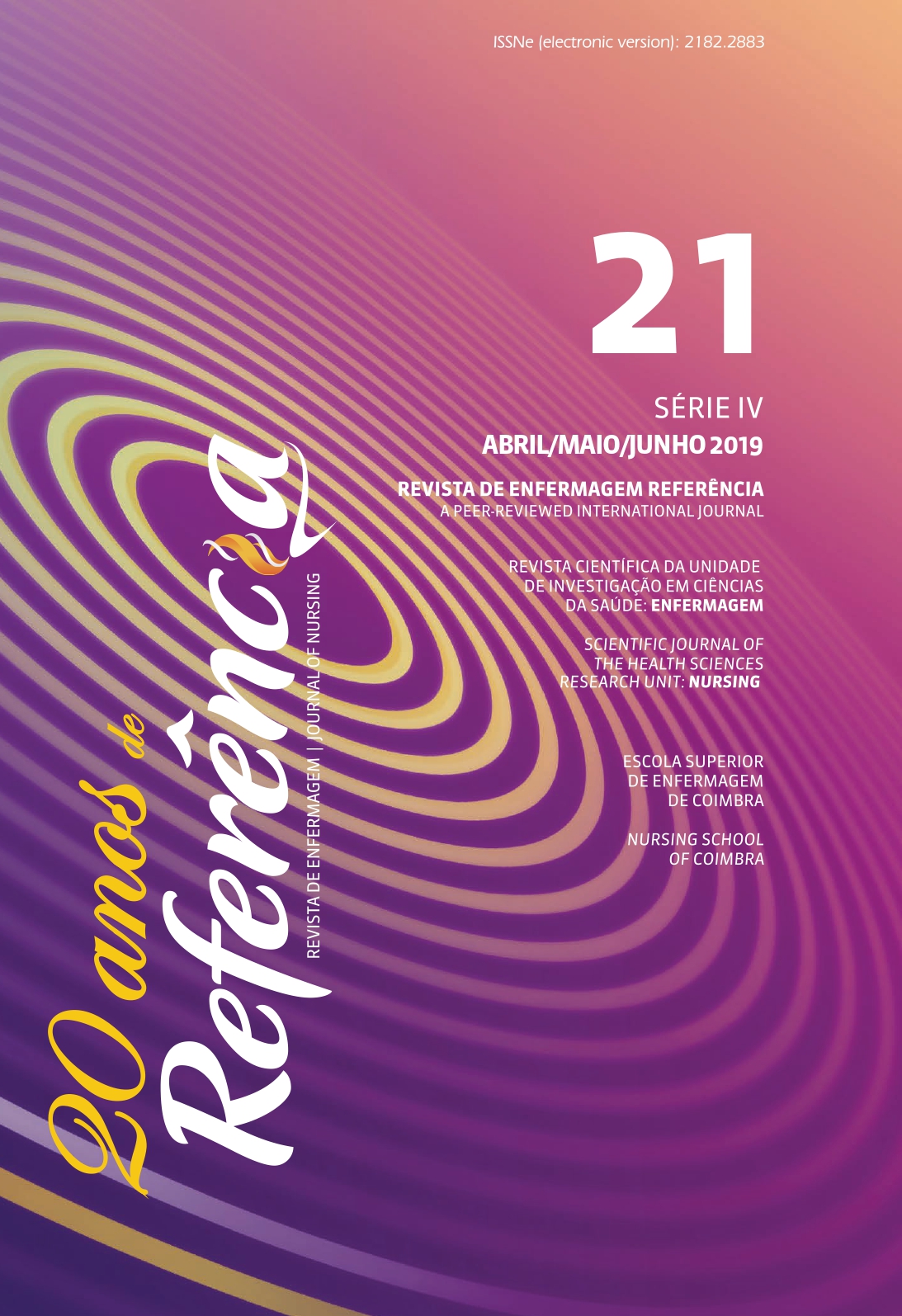Adaptation and validation to European Portuguese of the Reasons for Higher Education Dropout Scale
DOI:
https://doi.org/10.12707/RIV18090Keywords:
student dropouts;, education, higher;, validation studies, reliability and validityAbstract
Background: School dropout is a problem education systems struggle with, which disputes the quality of the educational institution and the education system itself.
Objectives: To adapt and validate the psychometric qualities of the Reasons for Higher Education Dropout Scale for Portuguese higher education students.
Methodology: Quantitative, transversal, descriptive, and correlational study. A sociodemographic characterization questionnaire and the Reasons for Higher Education Dropout Scale were applied to a sample of 891 students, mostly female (68.2%), with a mean age of 19.68 years. Exploratory and confirmatory factor analysis was used.
Results: The scale, consisted of 30 items, is organized into 4 dimensions: Organizational; Life management; Professional; and Relational. It presents an explained variance of 46.5% and a Cronbach’s alpha of 0.959.
Conclusion: The results support the psychometric adequacy of the scale for the Portuguese population and indicate that it can be used in future studies in this area and allow the implementation of measures to prevent dropout.
Downloads
References
Ambiel, R. A. (2015). Construção da escala de motivos para evasão do ensino superior. Avaliação Psicológica, 14(1), 41-52. doi:10.15689/ap.2015.1401.05
Albuquerque, T. (2008). Do abandono à permanência num curso de ensino superior. Sísifo: Revista de Ciências da Educação, 7, 19-28. Retrieved from https://www.researchgate.net/publication/28240665_Do_abandono_a_permanencia_num_curso_de_ensino_superior
Baptista, J. O. (2015). Indicadores de transferência e de abandono no ensino superior português. Retrieved from http://www.dgeec.mec.pt/np4/%7B$clientServlet-Path%7D/?newsId=499&fileName=2_Apresentacao_DGEEC.pdf
Costa, A. F., & Lopes, J. T. (Coord.). (2008). Os estudantes e os seus trajetos no ensino superior: Sucesso e insucesso, fatores e processos, promoção de boas práticas: Relatório final. Retrieved from http://etes.cies.iscte.pt/Ficheiros/relatorio_ETES_completo.pdf
Despacho n.º 6659/99 de 5 de abril. (1999). Diário da República nº 79, II Série. Ministério da Educação e Ciência. Lisboa, Portugal.
Direção-Geral do Ensino Superior (2014). Linhas de orientação estratégica para o ensino superior. Retrieved from https://www.dges.gov.pt/sites/default/files/mec_linhas_estrategicas_enssup.pdf
Ferreira, F., & Fernandes, P. (2015). Fatores que influenciam o abandono no ensino superior e iniciativas para a sua prevenção o olhar de estudantes. Educação, Sociedade & Culturas, 45, 177-197. Retrieved from https://www.fpce.up.pt/ciie/sites/default/files/ESC45Ferreira.pdf
Marôco, J. P. (2014). Análise de equações estruturais: Fundamentos teóricos, software & aplicações (2ª ed.). Pêro Pinheiro, Portugal: ReportNumber.
Pestana, M. H., & Gageiro, J. N. (2014). Descobrindo regressão: Com a complementaridade do SPSS. Lisboa, Portugal: Silabo.
Resolução da Assembleia da República n.º 60/2013 de 18 de abril. (2013). Diário da República nº 76, I Série. Assembleia da República. Lisboa, Portugal.
Sequeira, P. M. (2013). Contribuição da inteligência emocional para o sucesso escolar no contexto da formação em medicina (Master’s Dissertation). Universidade da Beira Interior, Covilhã, Portugal. Retrieved from http://ubibliorum.ubi.pt/bitstream/10400.6/2686/1/Disserta%C3%A7%C3%A3o_IE_SE_Patricia%20Barata.pdf

















